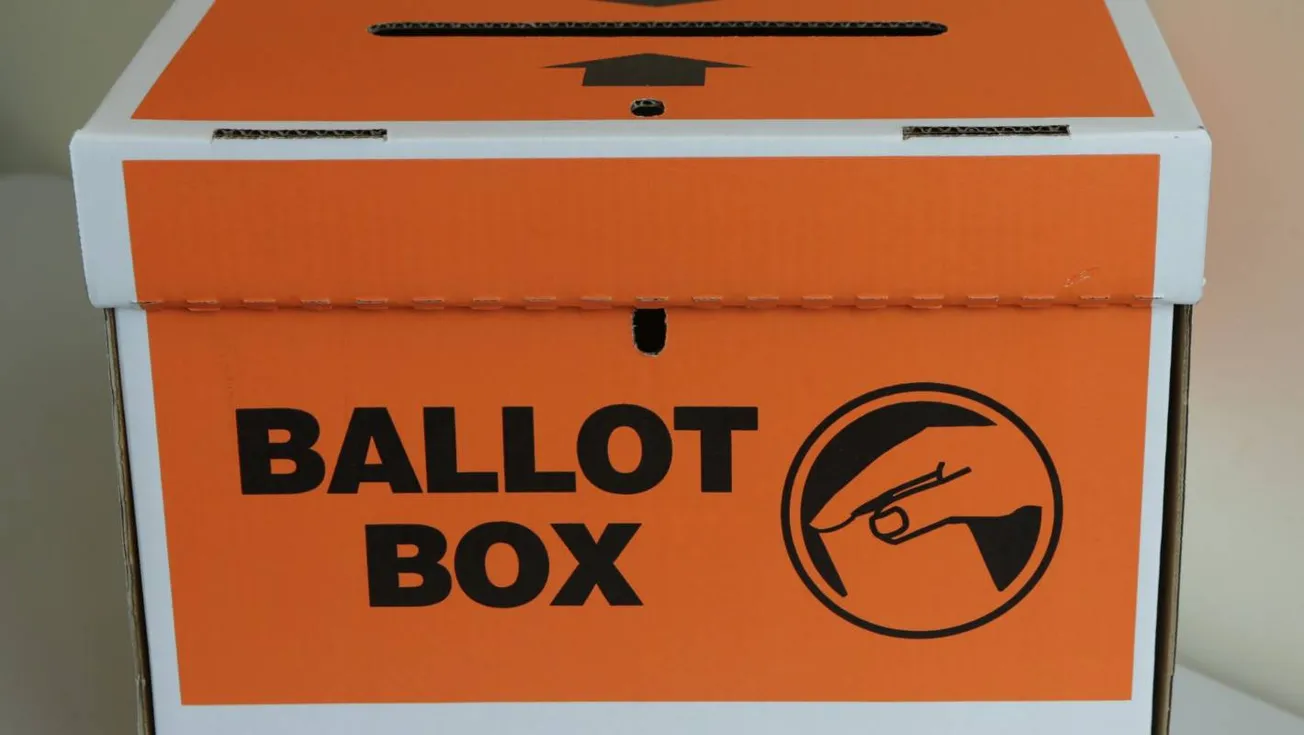Table of Contents
Ross Smith
As a frequent non-status quo political participant, I too have been a wasted vote denier before.
My belief in the past was a hardened view of the virtue of sticking with my political choice all the way to the bitter end.
After all, some say, “The only wasted vote is the vote that doesn’t align with your principles”, right?
So I have done exactly that before.
And guess what?
My vote was discarded under the MMP electoral rules.
The party I supported, worked for and voted for, had failed to win an electoral seat, and had also failed to gather more than 5% of the Party Vote. I was by no means the only one who was in this position. Close to 250,000 votes in the 2020 election were also discarded.
What happened to them? They simply weren’t attributed to anything or anyone. After the 72 seats were filled with electorate vote victors, there were 48 list seats remaining to fill. To make up the 120 seats required to fill Parliament, the parties which met the 5% threshold divided the leftover seats proportionately, according to the percentage share of the party vote they received. In other words, the bigger parties received the lion’s share of the seats that our votes didn’t fill.
“What the…?”
It sounds a lot like my vote went to parties I didn’t want to see in parliament, and especially not to receive a benefit from my vote vanishing into the abyss.
My “principles” were nowhere to be seen.
Looking back on my political involvement with minor parties, I despised the Incumbent Protection Mantra of: “But it’s only a wasted vote if you vote for those guys.” I agree fully that early on in the election cycle, that yes…it could be described as an attempted “psyop” if new emergent parties were actively dismissed by people or groups with an agenda. This would be true, provided there was still ample time before an election (two, three or more years) for these new parties to run good campaigns. In that case, it would be premature to write off any party or movement that sprang up. But it can also be said that, early on, it remains possible to write off some parties and movements.
For example: is a particular party a long-standing one that has consistently failed to attract a sufficient base to propel it into a position in Parliament? If so, pragmatism and logic would say it is highly likely to be a wasted vote. Another example, from which almost an iron-clad conclusion can be drawn, is when a party springs up shortly before an election. For myself, I have experienced working on campaigns in a grassroots capacity and have learned lessons about what are realistic expectations and what are tantamount to fantasy. Appealing to the many citizens required to have success in an election takes time and resources.
To sum it all up as briefly as possible:
Election results are dependent on gathering interested voters across a broad spectrum of the population. If a party fails to appeal to a sufficient number of voters or narrows their appeal to a rigidly fixed policy framework, they ARE a wasted vote under any normal circumstances.
I hated the “wasted vote” label. But, in many cases, it was entirely justified for others to use it.
Yes, I am a recovering dreamer. Now I look at things in a much more realistic manner, politically speaking.
If you have heard the Wasted Vote Mantra applied to your party of choice, don’t wait until it is too late and you are sidelined and unrepresented on election day. I would encourage you to lay your feelings aside and take a long hard look at your current allegiances. Some introspection is warranted and healthy.
With literally days to go until the 2023 election, you MUST look at reality. Look beyond a community echo chamber that perhaps clouds your judgment. Look at things and try to imagine where the headspace of the average voter is. Do enough voters actually want to see your party in Parliament? Do you know how many votes you need to have representation with the Party vote (probably about 160,000)? Do you know how many votes are required to win an electorate (probably about 12–16 thousand, depending on the number of candidates vying for the seat)? How likely is it that your party will accomplish either?
Now for the difficult part.
Is there a party in which the answers to some of those questions are “yes”: the numbers stack up, they have candidates who you respect, and their policy positions and principles are satisfactory for the most part? If so, perhaps your vote doesn’t need to be wasted.
But if you support a party which has no hope of reaching the benchmarks, then you will have wasted your vote. You do not need to settle for a suggested “protest vote” which no one notices because it literally makes no noise. You can have influence. Maybe it won’t be to the full extent that you desire, but it is influence nonetheless.
My recommendation as a former “wasted vote denier”:
Find a viable party, join that party and vote for that party. By joining, you will have reach inside that party through policy decisions. By voting, you will give that party more strength to enable your reach to go further.
It requires courage and strength to admit reality. I sincerely hope many people do this, and we can then truly make the changes that I believe most of us desire.








